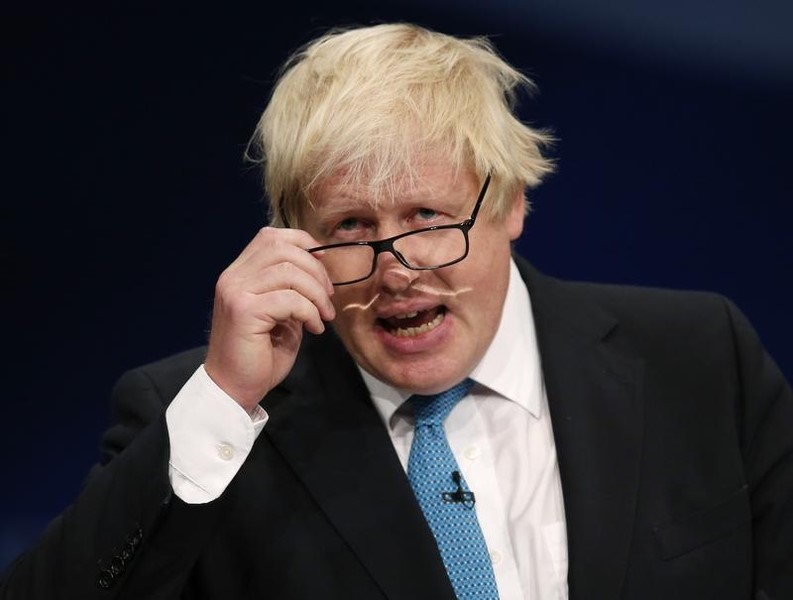By Geoffrey Smith
Investing.com -- The dog days of summer have finally arrived for most of Europe’s stock markets, but Brexit continues to cast a long shadow over the U.K.’s.
The FTSE 100 was down 0.2% by 5 AM ET (0900 GMT) on a Monday morning when all of the continent’s markets were rebounding – if only in depressed, holiday-affected volumes. The broader FTSE All-Share and FTSE 250 indexes were also underperforming.
The benchmark Euro Stoxx 600 was flat at 371.58, having lost earlier gains, while the German Dax was up 0.1% and Switzerland’s SMI up 0.2%.
Among the worst performers were National Grid (LON:NG), which fell 0.7% after a devastating outage on Friday left large parts of England, including much of London without power. EasyJet (LON:EZJ) was the biggest loser, down 4.0% and leading a broader sectoral decline amid fears that it may face regulatory action for failing to rebook passengers whose flights were cancelled. HSBC (LON:HSBA) was down 2.3%, extending its losses since chief executive John Flint’s ouster last week highlighted the strategic problems of a U.K. bank caught up in the U.S.-China trade war.
The moves came after a weekend when the pound hit its lowest level since 2016 against both the dollar and the euro. It’s been on a losing streak since Boris Johnson was confirmed as Prime Minister in July, after winning the Conservative party’s leadership contest with a promise to take the U.K. out of the EU on Oct. 31, without any transitional arrangements to soften the blow.
‘No-Deal’ is now widely accepted as the most likely Brexit outcome, reflected in the fact that speculative selling of sterling is at its highest level since May 2017, according to data released on Friday by the Commodity and Futures Trading Commission. Analysts at Morgan Stanley and elsewhere have argued that the pound could fall to an all-time low of parity to the dollar if the U.K. crashes out without a deal in October.
The new government’s policy has incensed business: supermarkets have warned of higher food prices, the Road Haulage Association has warned of chaos at British ports due to the introduction of customs and border checks, while farmers have warned that tens of thousands of sheep and cattle may have to be slaughtered since U.K. produce will be subjected to tariffs and other checks in its biggest export market.
Bank of England Governor Mark Carney said earlier this month that a No-Deal Brexit would result in a “real economic shock” for the country.
Johnson, who campaigned in 2016 promising that there would be no obstacles to trade with the EU after Brexit, has said that leaving on Oct. 31 is the only way to “restore trust in our politics.”
Johnson has made a series of spending pledges in recent days that have been interpreted widely as preparations for a snap election as early as November. At the weekend, he announced plans for higher spending on prisons, something widely interpreted as an attempt to appeal to supporters of the Brexit party, whose votes would be theoretically be up for grabs after the U.K. leaves the EU. He has already issued similar pledges to spend more on hospitals and schools.
